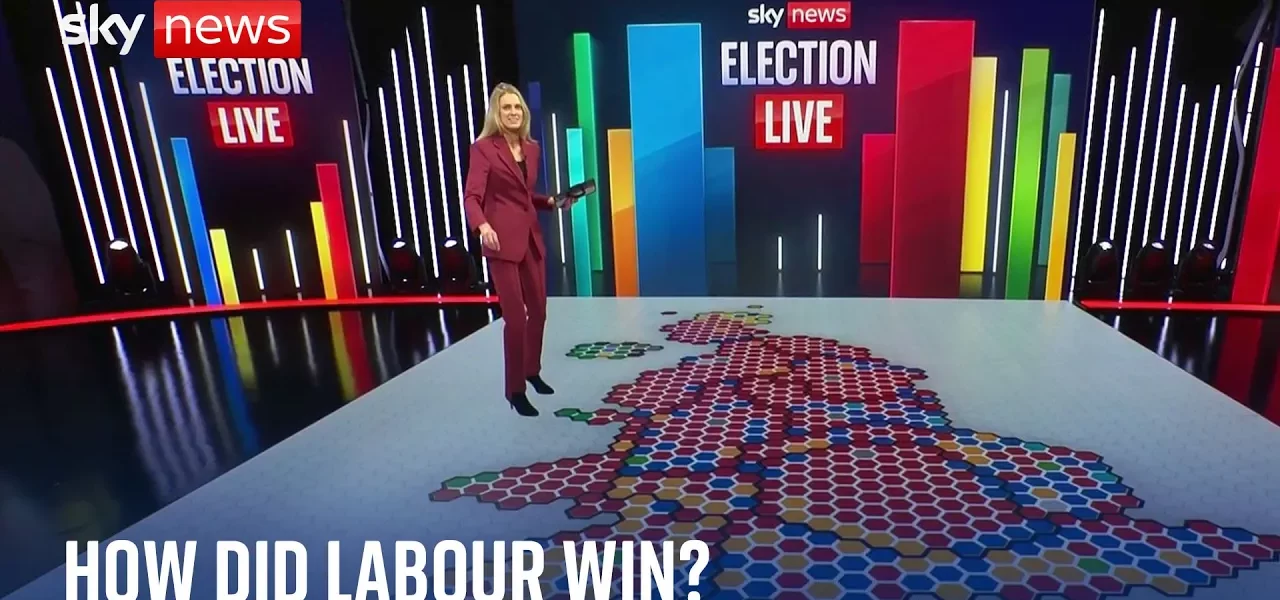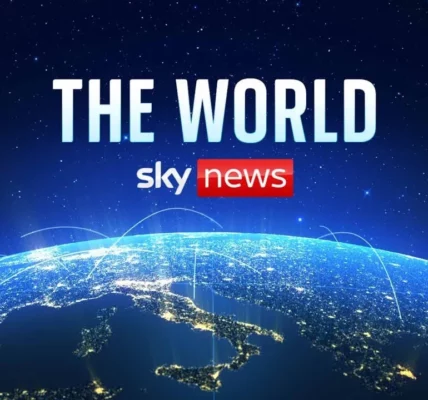UK Elections: A Historic Political Transformation

The recent elections have brought about a remarkable shift in the political landscape of the UK. With significant gains for the Labour Party and the Liberal Democrats, this analysis delves into the implications of the election results, the performance of various parties, and what this means for future governance.
Introduction
The political scene in the UK has undergone a dramatic transformation following the latest elections. The results have not only reshaped the political map but have also sparked discussions about the future direction of the major political parties. The Labour Party has reclaimed territory that was once dominated by the Conservatives, while the Liberal Democrats have made a stunning comeback. This article provides an in-depth exploration of the election outcomes, party performances, and the broader implications for the UK’s political future.
The Political Landscape: A Sea Change
The latest elections have resulted in a significant reconfiguration of the political map in the UK. Below are the key highlights of this transformation:
- The Labour Party has reclaimed numerous seats, transforming what was once a Conservative stronghold.
- The Liberal Democrats have experienced a remarkable resurgence, recovering from their previous setbacks.
- In Scotland, the Labour Party has made substantial gains, significantly impacting the SNP’s position.
Labour Party Gains
The Labour Party’s success in the recent elections can be attributed to various factors, including strategic campaigning and changing voter sentiments.
Major Victories
Labour has made significant strides across the country, including:
- Winning back traditional strongholds in the North.
- Securing key seats in metropolitan areas.
- Gaining nearly 40 MPs in Scotland, a remarkable turnaround from previous elections.
Vote Share Analysis
While the Labour Party achieved impressive seat gains, their overall vote share tells a more nuanced story. The following points highlight the complexities of their performance:
- Labour’s vote share is lower than in 1997 and even 2017.
- The campaign’s efficiency in converting votes to seats reflects effective strategic planning.
- Emerging independent candidates have taken seats from Labour in areas with significant Muslim populations.
Conservative Party Decline
The election results have been devastating for the Conservative Party, leading to significant losses and questions about their future direction.
Seat Losses and Historical Context
The Conservatives have faced their worst performance in decades:
- Loss of over 39 seats, marking a historical low in vote share.
- Their vote share fell to 23.7%, a figure not seen since the 1830s.
- Significant losses among cabinet ministers, indicating a potential leadership crisis.
Prominent Figures Affected
The election saw the defeat of several high-profile Conservative figures, including:
- The Defense Secretary, Grant Shapps.
- Penny Mordaunt in a critical bellwether seat.
- Jeremy Hunt, who managed to hold on but faced considerable challenges.
Liberal Democrats’ Resurgence
The Liberal Democrats have achieved remarkable success, effectively capturing the attention of disillusioned voters.
Seat Gains and Implications
The Liberal Democrats have nearly doubled their representation in Parliament:
- Secured seven times the number of seats compared to the previous election.
- Gained traction in areas previously dominated by the Conservatives.
- Positioned themselves as a viable alternative for centrist voters.
Conclusion
The recent elections have undoubtedly altered the political landscape in the UK, heralding a new era for the Labour Party and presenting significant challenges for the Conservatives. The Liberal Democrats’ resurgence adds another layer to this complex political picture. As the dust settles, the implications of these results will continue to unfold, shaping the future of UK governance. For further insights into these developments, explore our related articles on the Labour Party’s strategy and the future of the Conservative Party.
“`




